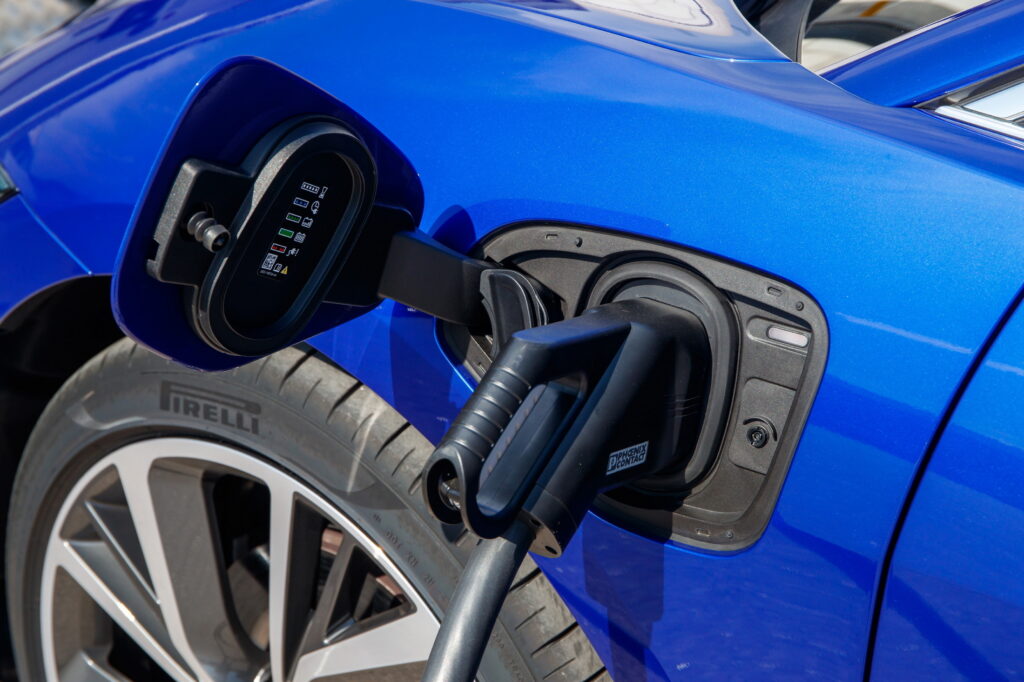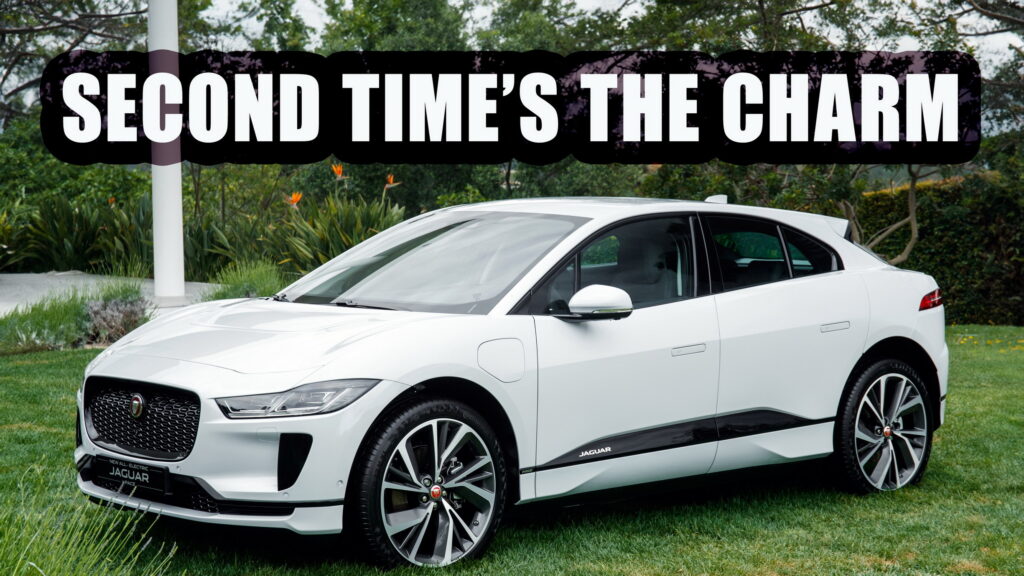Jaguar’s first modern electric vehicle, the I-Pace, is facing two distinct issues that require the automaker to step in and provide urgent repairs. Both recall campaigns are targeted at a small number of vehicles from the 2019-2020 model years.
The first issue pertains to to just 21 vehicles, and actually builds on an earlier recall. It affects a subset of I-Pace EVs that were supposed to have received a software update that was intended to better monitor the high-voltage battery, in order to mitigate the risk of it overheating or catching fire.
The automaker later found that some dealers used the wrong tools when implementing the update, which meant that it didn’t get installed correctly. Then, Jaguar’s software contractor told it that the latest version of the code that was supposed to monitor the battery had an error in it.
Read: Jaguar Recalls I-Pace EV After 8 Battery-Related Fires In The U.S.
That means there are certain I-Paces that should have undergone repairs but may still be susceptible to overheating. Jaguar has received one report of a vehicle fire related to this issue. To address it, owners of all 21 affected vehicles will be requested to bring their vehicles to a nearby dealer for the latest update, this time using the correct diagnostic tool. Until the fix is installed, Jaguar recommends that owners of affected vehicles park outside.
The second recall is more straightforward and involves just two I-Paces. However, it also impacts vehicles from the 2019-2020 model years, and once again, the concern is related to a potential fire hazard. Jaguar states that the fasteners securing the battery module to the connecting busbar may not have been adequately tightened. Under some circumstances, that could lead to arcing, which generates heat, and could lead to thermal overload.
Once more, affected customers will be requested to bring their vehicles to a nearby dealership for inspection of the busbar. Any required replacement components will be installed at no expense to the owners.





